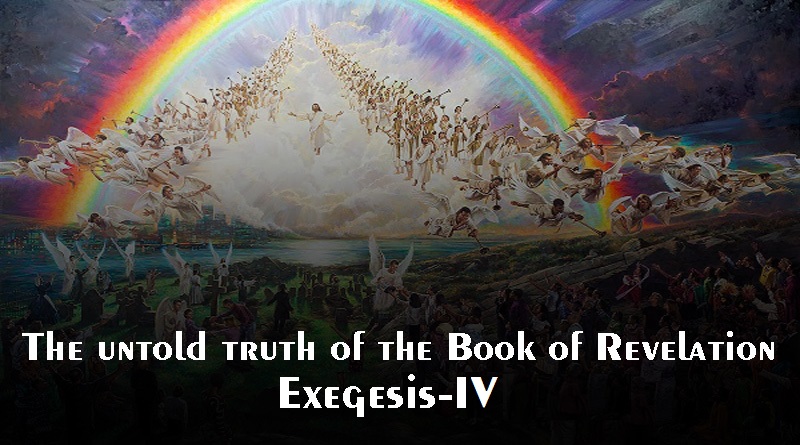The untold truth of the Book of Revelation: Exegesis-IV
Contribution: Catholic Bishops Commission for Catechetics
Translation: Suzanna Joseph
In the previous part we explored the origins of Revelation. This part deals with the year in which Saint John wrote Revelation.
Revelation dates back to the year 95, the later years of the Roman Emperor Domitian’s reign. According to Saint Irenaeus, Saint John the Apostle was exiled during Domitian’s reign. Historians state that Christians were treated with tyrannous cruelty during Domitian’s reign. One such Christian martyr is mentioned in the Book of Revelation.
“I know where you live, there where Satan has his throne. You are true to me, and you did not abandon your faith in me even during the time when Antipas, my faithful witness, was killed there where Satan lives.” (Rev 2:13)
Also read: The untold truth of the Book of Revelation: Exegesis-I
Also read: The untold truth of the Book of Revelation: Exegesis-II
Also Read: The untold truth of the Book of Revelation: Exegesis-III
In the city, Pergamos was known as the Devil’s Throne,it was the altar of the Roman god Zeus. Sacrifices fumed throughout the day and committing fornication was part of idol worship in the temple. This city was the center of idolatry and worshiping Caesar. Emperor Domitian forced Christians to worship Caesar. He demanded that he himself be hailed as “Dominus et dues noster” [Lord and our God]Saint Irenaeus, Saint Clement and Saint Origen witnessed this. Roman emperors assumed titles of deity it was the religion of the state and it was mandatory for every person to prove loyalty to the state by worshiping Caesar. Even before Domitian, during the reign of the Roman Emperor Nero many Christians who lived in Pergamos were martyred for not renouncing their faith. In the aforementioned verse, one such faithful was Antipas. He was under Saint John’s tutelage and was also the Bishop of the Church in Pergamos. When Antipas’ loyalty was questioned, he refused to bow and worship Caesar. Resulting in being burnt alive on a brazen bull-shaped altar. The sole purpose of this hideous act was to coerce Christians into renouncing their faith. This narrative is for the readers to empathize with the Christians who faced acute oppositions at the time when the book of Revelation was written.
Reflect, if we were to face persecutions like Christians in Pergamos, will we be able to hold on to our Christian faith??





